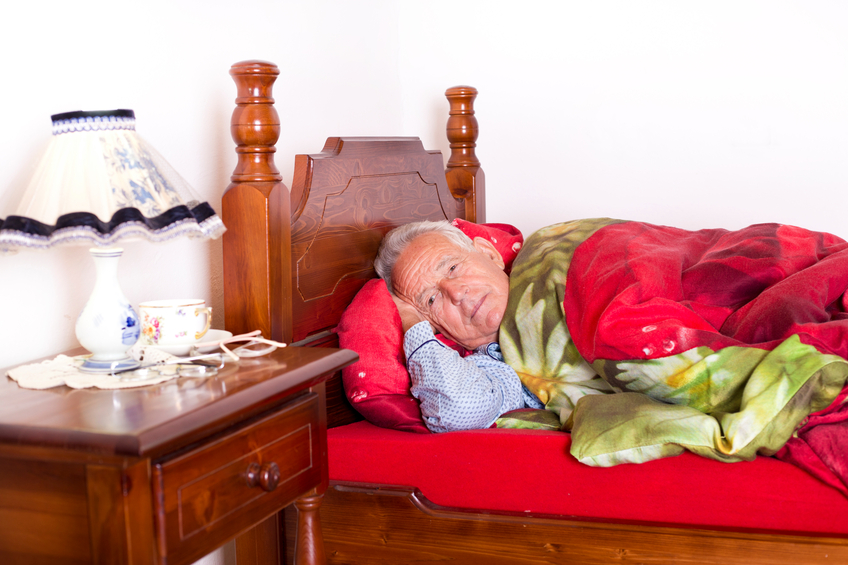Life’s worries can often keep adults up at night and seniors over the age of 65 are even more prone to sleep problems. Stress, hormonal changes for women, sleep apnea, depression and acid reflux are just a few of the common causes of insomnia for older adults. And while newer prescription sleep aids can work in the short term, over-the-counter drugs which contain antihistamines can leave you feeling drowsy the next day.
To help adults get a better night’s rest and protect their health, experts suggest keeping a consistent bedtime routine, avoiding eating within four hours of bedtime if you experience GERD (gastroesophageal reflux disease), treating sleep apnea or depression and staying away from electronic screens before bed.
But if all these lifestyle changes and treatments have failed to solve the problem, cognitive behavioral therapy for insomnia may offer a solution. This type of treatment has had success helping many people manage long-term chronic insomnia effectively. Because therapists that specialize in this treatment are few and far between, an online insomnia program was recently studied by the University of Virginia Health System and had success with many patients. The study of more than 300 adults found that 70 per cent user of the SHUTi program had significant improvements over a one year period.
SHUTi (Sleep Healthy Using the Internet), a six-week online course, helped study participants fall asleep more quickly and stay asleep longer both in the short term and a year following treatment. The program costs $135 US. To learn more about web-based cognitive behavior therapy for insomnia, visit the online JAMA Journal Psychiatry by following this link.






Add Your Voice
0 Comments
Join the Discussion